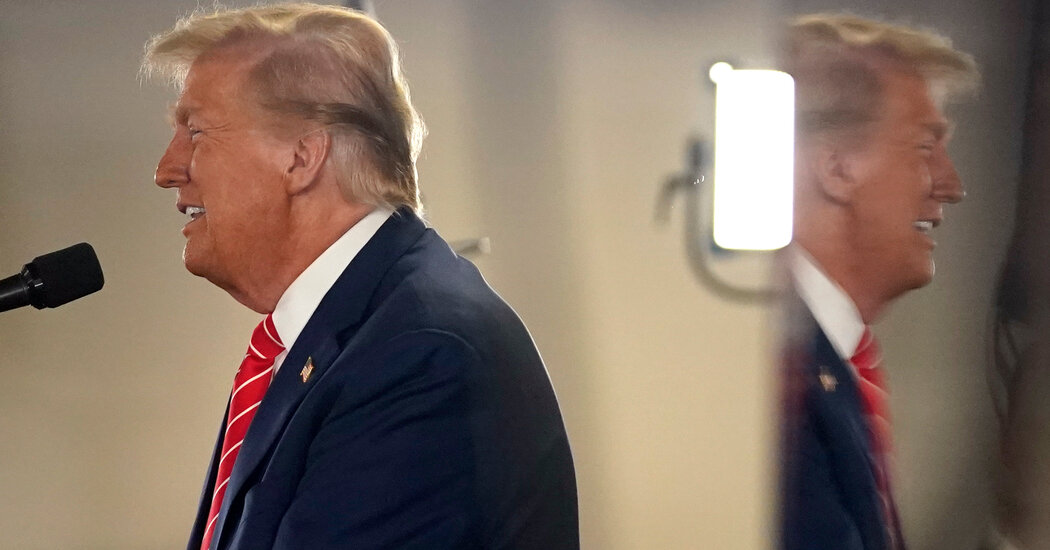You can read more great Ukraine coverage by both staff and community members here.
“Putin could attack NATO in ‘5 to 8 years,’ German defense minister warns,” screams a Politico headline on Friday. In the article, German Defense Minister Boris Pistorius explains, “We hear threats from the Kremlin almost every day … so we have to take into account that Vladimir Putin might even attack a NATO country one day.”
And yet he’s ignoring the facts that Russia has already attacked NATO countries. Since 2016, Russia has attacked the U.S. by meddling in its elections. It does the same in democracies all over the world, including in NATO nations. Outside of elections, the Kremlin engages in regular cyberattacks against the U.S. and other NATO countries. And Russia engages in nontraditional forms of destabilization, such as helping push mass numbers of migrants through NATO borders.
But if Pistorius is talking about a conventional war? That’s extremely unlikely to happen in the near future. But whatever possibility there is, it’s all the more reason to help Ukraine fight Russia and make any potential strike even less likely.
Take a look at open-source analyst Andrew Perpetua’s list of destroyed equipment from Thursday:
The vast majority of vehicles on both sides were destroyed by drones of some kind. Lost in those figures, of course, are the vast number of humans that similar drones have killed. It has become a deadly game of hide-and-seek—and oftentimes a macabre combination of both. (Warning: The video in that link contains graphic violence.) And don’t be fooled by how many videos show Ukrainian FPV drones eliminating Russian soldiers; the same thing is happening in virtually equal numbers on the other side. No one is spared the consequences of this new form of warfare.
The consequences here are twofold. First, it means that neither side can move. Today, for the first time since mid-December, I looked at reports of the front lines and saw no tangible movement on the front in the past month. Maybe 100 meters here, 200 meters there—and maybe those lines moved back and forth a few times, but overall, the net effect appears to be a true stalemate. In other words, the Ukrainian summer counteroffensive may have failed, but so has the Russian winter offensive.
The second consequence is what RO37 wrote about recently: Russia is running out of equipment. It has burned through most of its stock gea, and its production of modern armored vehicles is anemic and quickly devoured by Ukrainian defenses. Russia has been relegated to refurbishing ancient Soviet gear, and while it’s relatively easy pickings for Ukrainian defenses, it serves the purpose of keeping Ukrainian defenders pinned down, consuming increasingly valuable and scarce ammunition.
Altogether, this means that the war in Ukraine is unlikely to be won on the battlefield. Call me pessimistic—because I am. Given the effectiveness of Russia’s fixed defensive lines and the ubiquitousness of surveillance and explosive drones, it’s hard to see how Ukraine can make significant advances into occupied territory without suffering horrific casualties. F16s and more Bradley Fighting Vehicles would certainly help on the edges, but there is no magic weapon to change the battlefield equation. There may not even be one army in the world currently equipped to deal with the drone situation. For instance, American troops in Iraq and Syria (and my son is among them) are suffering drone-related casualties—56, to be exact!
This war is now primarily economic. Ukraine’s best bet is, with the help of its Western allies, to push Russia to its economic and sociological breaking point. When will Russians tire of seeing their men sent off to die for Putin’s glory? A year ago, they were gloating about Europe freezing without Russian gas, so what will they do when it is they who are freezing in their homes?
And that brings us to the lede of this story: There is virtually no way Russia has the ability to manage a military assault on a NATO nation, no matter how much its mouth-foaming propagandist—or Putin himself—might threaten.
Russia’s ground forces have been very heavily reduced. Its air force hides far behind the front lines, despite the lack of a significant Ukrainian air force; Russia appears scared away by the defender’s mix of old Soviet and modern NATO air defense systems. Russia losing a rare and critically important AWACS plane is a serious blow to the country’s control of the air. Russia’s vaunted navy was chased out of most of the Black Sea … by a nation with no warships. And despite the saber-rattling, Russia won’t be deploying nukes anytime soon, probably not unless NATO forces march on Moscow, and that’s not happening.
Raising the specter of a Russian attack at home might help German politicians rally for higher military budgets—which is unfortunately necessary in this geopolitical climate—but the scenario doesn’t stand up to serious scrutiny. At the same time, the German defense minister is right that Russia is a threat, and Ukraine has gone a long way to neutering it. The best way to avoid the nightmare “World War III” scenario is to not just keep supporting Ukraine but also to give the country what it needs to eliminate Russia’s war-making potential.
That won’t pay dividends just in Europe. It will be a signal to China, too, that any military designs on Taiwan would be similarly doomed to failure.

